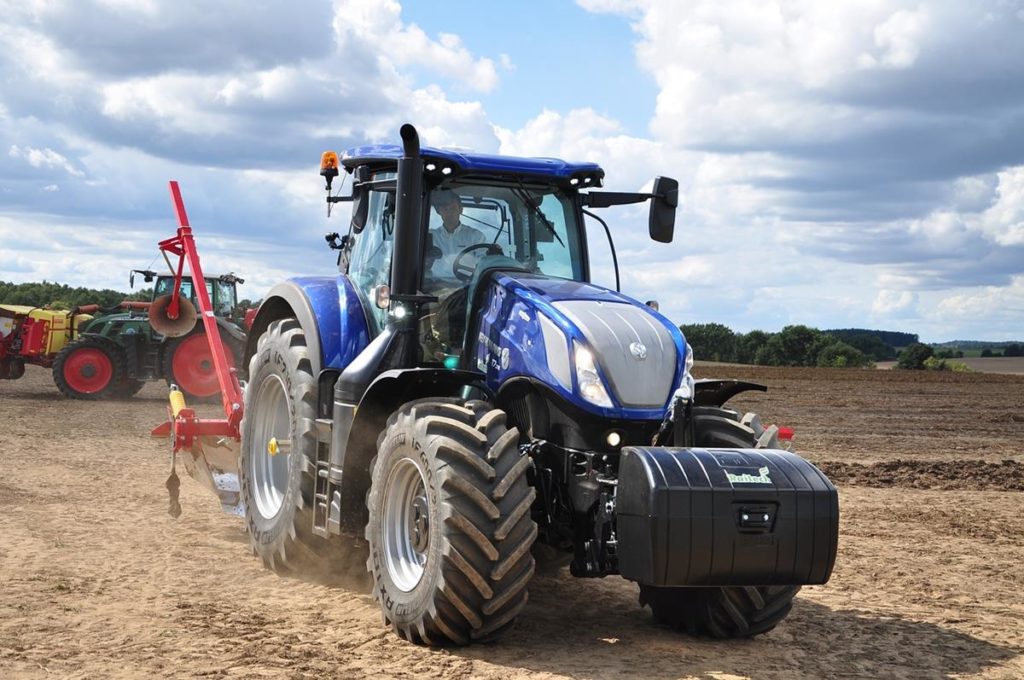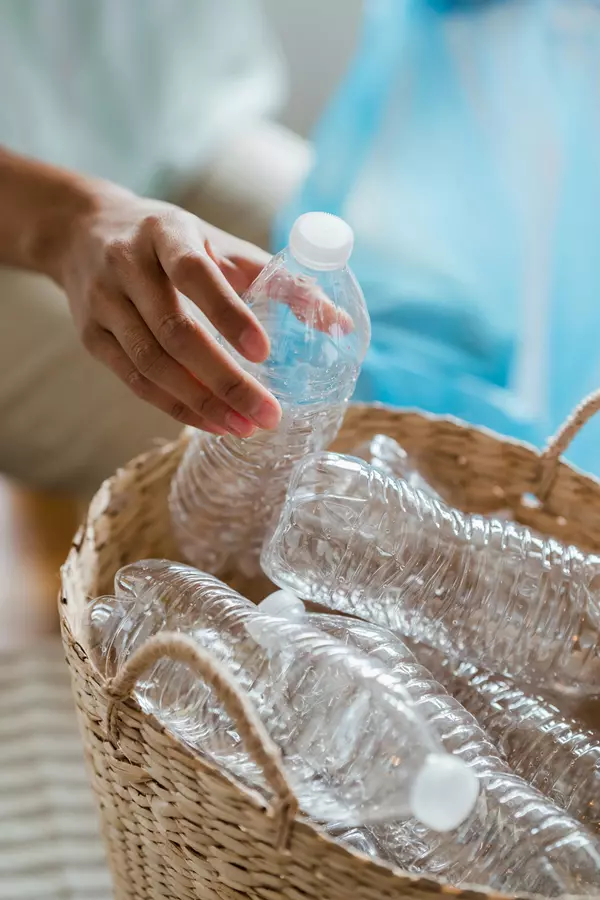The rise of sustainable packaging
In recent years, the global push for sustainability has permeated various industries, including packaging.
As environmental concerns continue to mount, businesses are increasingly turning to sustainable packaging solutions to minimize their ecological footprint. One such solution gaining traction is the use of Flexible Intermediate Bulk Containers (FIBCs), also known as bulk bags or super sacks.
Understanding flexible intermediate bulk containers
FIBCs are large, flexible bags used for the storage and transportation of various materials, including powders, granules, and bulk liquids. They are commonly made from woven polypropylene or polyethylene, offering durability and strength while remaining lightweight. FIBCs come in various sizes and configurations, making them versatile for a wide range of applications.
The environmental advantages of fibcs
One of the primary reasons for the growing popularity of FIBCs is their environmental benefits. Unlike traditional packaging materials such as cardboard boxes or plastic drums, FIBCs generate minimal waste. Additionally, many FIBC manufacturers offer options made from recycled materials, further reducing their environmental impact.
Reducing carbon footprint
Another significant advantage of FIBCs is their ability to reduce carbon emissions throughout the supply chain. Due to their lightweight design, FIBCs require less fuel for transportation compared to heavier packaging alternatives. This reduction in fuel consumption translates to lower carbon emissions, contributing to overall environmental sustainability.

Enhancing supply chain efficiency
Besides their environmental benefits, FIBCs also contribute to improved supply chain efficiency. Their large capacity allows for more product to be transported in each shipment, reducing the number of trips required. Moreover, FIBCs can be easily filled, transported, and emptied using specialized equipment, streamlining the handling process and reducing labor costs.
Customization and reusability
Flexibility is another key advantage of FIBCs. They can be customized to meet specific requirements, including size, shape, and filling options. Furthermore, many FIBC designs incorporate features such as liners or closures to prevent contamination and ensure product integrity. Additionally, FIBCs are often reusable, further extending their lifespan and reducing overall packaging waste – supersacks.
As businesses worldwide strive to adopt more sustainable practices, the demand for eco-friendly packaging solutions continues to grow. Flexible Intermediate Bulk Containers offer a compelling option for companies looking to reduce their environmental impact while improving operational efficiency. With their versatility, durability, and environmental advantages, FIBCs are poised to play a significant role in the future of sustainable packaging.
